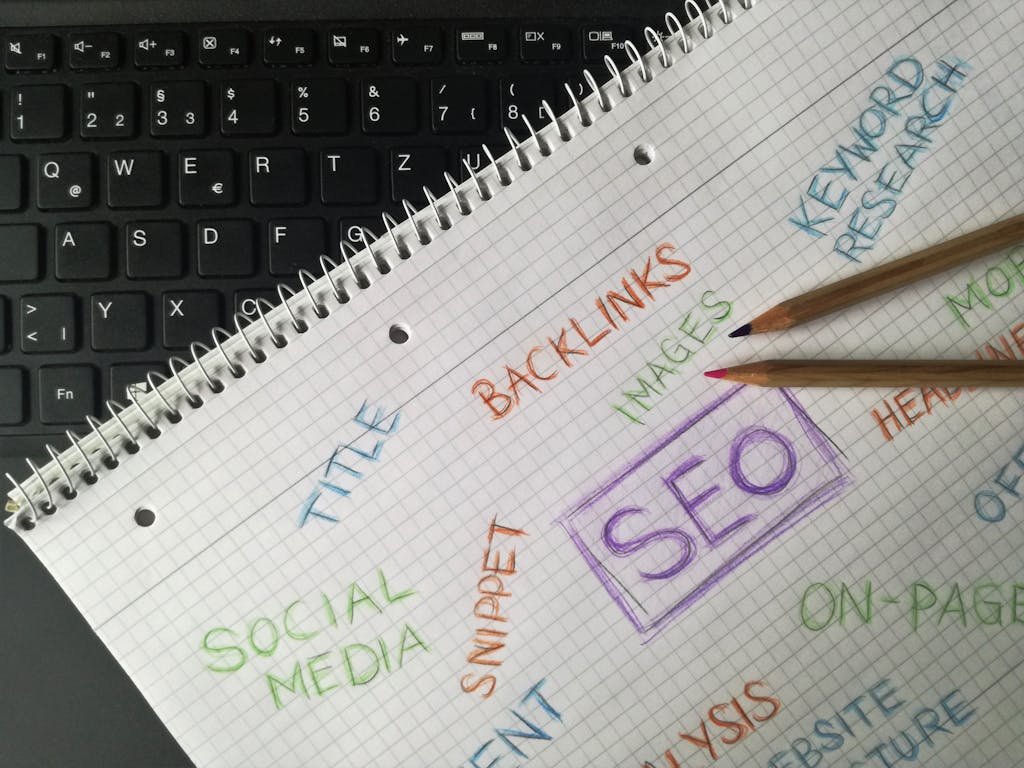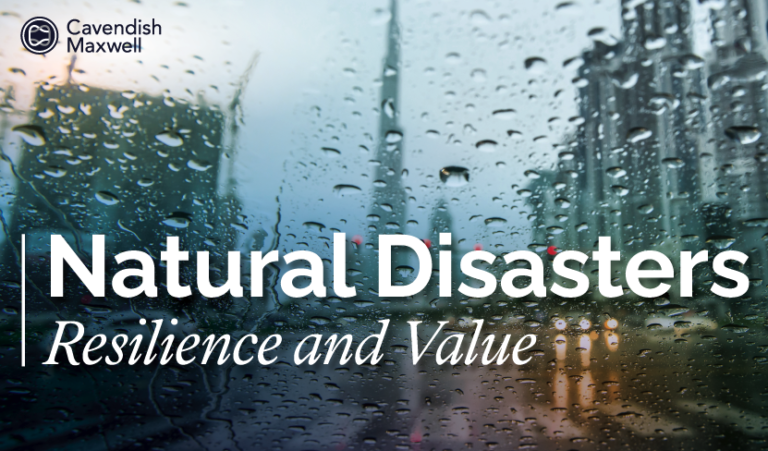Top Startup Trends: Sustainability, AI, and Customer Experience Revolutionizing Entrepreneurship
Top Startup Trends 2024: Sustainability, AI, and Customer Experience Revolutionizing Entrepreneurship
The startup landscape is rapidly evolving, driven by new technologies, changing consumer expectations, and a heightened focus on sustainability. Here are some of the key trends shaping the future of startups and entrepreneurship:
Sustainability and Environmental Focus
Startups are increasingly prioritizing sustainability and reducing their environmental impact. This shift is driven by a growing awareness of climate change and the need for responsible business practices. Key initiatives include:
- Transitioning to Renewable Energy Sources: Many startups are adopting solar, wind, and other renewable energy sources to power their operations, reducing reliance on fossil fuels. Companies like Tesla and Beyond Meat are setting examples by integrating renewable energy into their supply chains and production processes.
- Developing Eco-Friendly Products and Services: From biodegradable packaging to energy-efficient technologies, startups are creating innovative solutions that conserve resources and reduce environmental harm. Examples include biodegradable plastic alternatives, water-saving devices, and products made from recycled materials. These efforts not only appeal to environmentally conscious consumers but also help in building a sustainable brand reputation.
- Implementing Waste Reduction Measures: Strategies such as recycling, composting, and using sustainable materials are becoming standard practices to minimize waste and carbon footprints. Startups are also exploring circular economy models where products are designed to be reused, refurbished, or recycled entirely, thereby reducing waste generation and conserving natural resources.
Emphasis on Customer Experience
In an increasingly competitive market, startups are focusing on delivering exceptional customer experiences to stand out. This involves:
- Adopting a Customer-Centric Approach: Startups are designing products and services with the end-user in mind, ensuring that every touchpoint is intuitive and satisfying. This approach involves extensive user research, feedback loops, and iterative design processes to continually enhance the user experience.
- Investing in Customer Experience Design: By mapping out the customer journey, startups can identify pain points and opportunities to enhance engagement, making interactions more delightful and seamless. This investment often includes personalized customer service, responsive support channels, and user-friendly interfaces. Companies like Airbnb and Uber have revolutionized their industries by placing a strong emphasis on customer experience, ensuring every aspect of their service is tailored to meet user needs and preferences.
Automation and AI Integration
Automation and artificial intelligence (AI) are revolutionizing how startups operate, offering new ways to improve efficiency and innovation. Key developments include:
- Automating Tedious Tasks: AI is being used to handle repetitive tasks, freeing up employees to focus on more strategic and creative work. This includes automation of administrative tasks, customer service via AI chatbots, and data processing, allowing startups to operate more efficiently and scale faster.
- Developing AI-Powered Products and Services: From personalized recommendations to advanced data analytics, AI-driven solutions are providing startups with a competitive edge. Examples include AI-powered marketing tools that optimize campaigns in real-time and predictive analytics that help businesses make informed decisions.
- Enhancing Customer Experiences with AI: AI chatbots, virtual assistants, and personalized content are just a few examples of how startups are using AI to create more engaging customer interactions. AI-driven customer insights enable startups to tailor their offerings and communication strategies to individual preferences, significantly improving customer satisfaction and loyalty.
Alternative Financing Options
Economic uncertainty is prompting startups to explore diverse financing options beyond traditional venture capital. These include:
- Non-Dilutive Funding: Loans, grants, and government subsidies offer financial support without diluting ownership stakes. Startups are increasingly seeking out government grants aimed at innovation, research, and development, as well as industry-specific subsidies that provide necessary funding while retaining full control of their companies.
- Green Financing: Sustainable funding options, such as green bonds and impact investments, are gaining popularity among startups focused on environmental and social impact. These financing options are particularly attractive to startups with a strong sustainability mission, providing them with the capital needed to scale their operations while aligning with their environmental goals.
Focus on Specific High-Growth Sectors
Certain sectors are seeing a surge in startup activity and investor interest, driven by technological advancements and market demand:
- Generative AI: Venture capitalists are heavily investing in startups that specialize in generative AI, which creates new content and solutions based on existing data. Startups in this space are developing applications for industries such as entertainment, healthcare, and marketing, revolutionizing content creation and decision-making processes.
- Healthtech: With big tech companies diversifying into healthcare, startups in this sector are developing cutting-edge technologies to improve patient outcomes and streamline healthcare delivery. Innovations include telemedicine platforms, AI-driven diagnostic tools, and wearable health devices that monitor and improve patient health.
- EV Infrastructure: As electric vehicles (EVs) gain popularity, startups are building innovative solutions to support the growing EV ecosystem, from charging stations to battery technology. These startups are crucial in addressing the infrastructure challenges posed by the rapid adoption of EVs, ensuring that the transition to electric mobility is seamless and sustainable.
These trends highlight how startups are adapting to changing market conditions, customer demands, and technological advancements to drive innovation and growth. By embracing sustainability, focusing on customer experience, leveraging AI, exploring alternative financing, and targeting high-growth sectors, startups are well-positioned to thrive in the dynamic entrepreneurial landscape.






